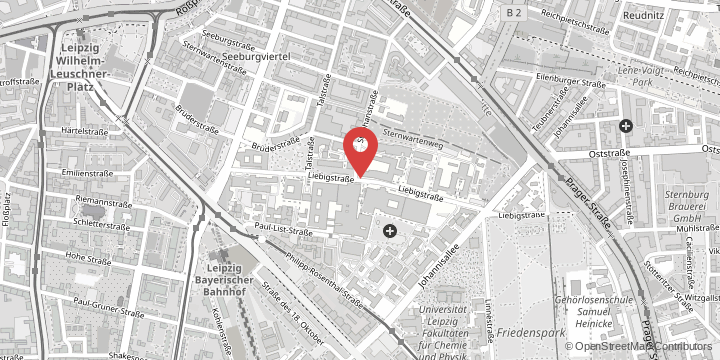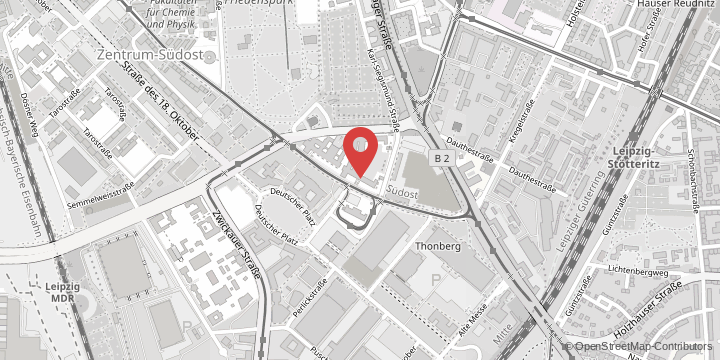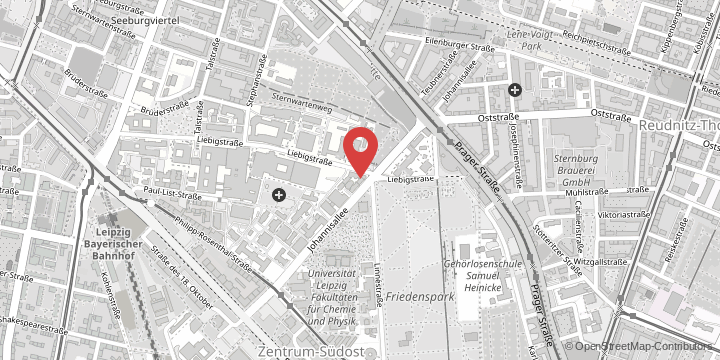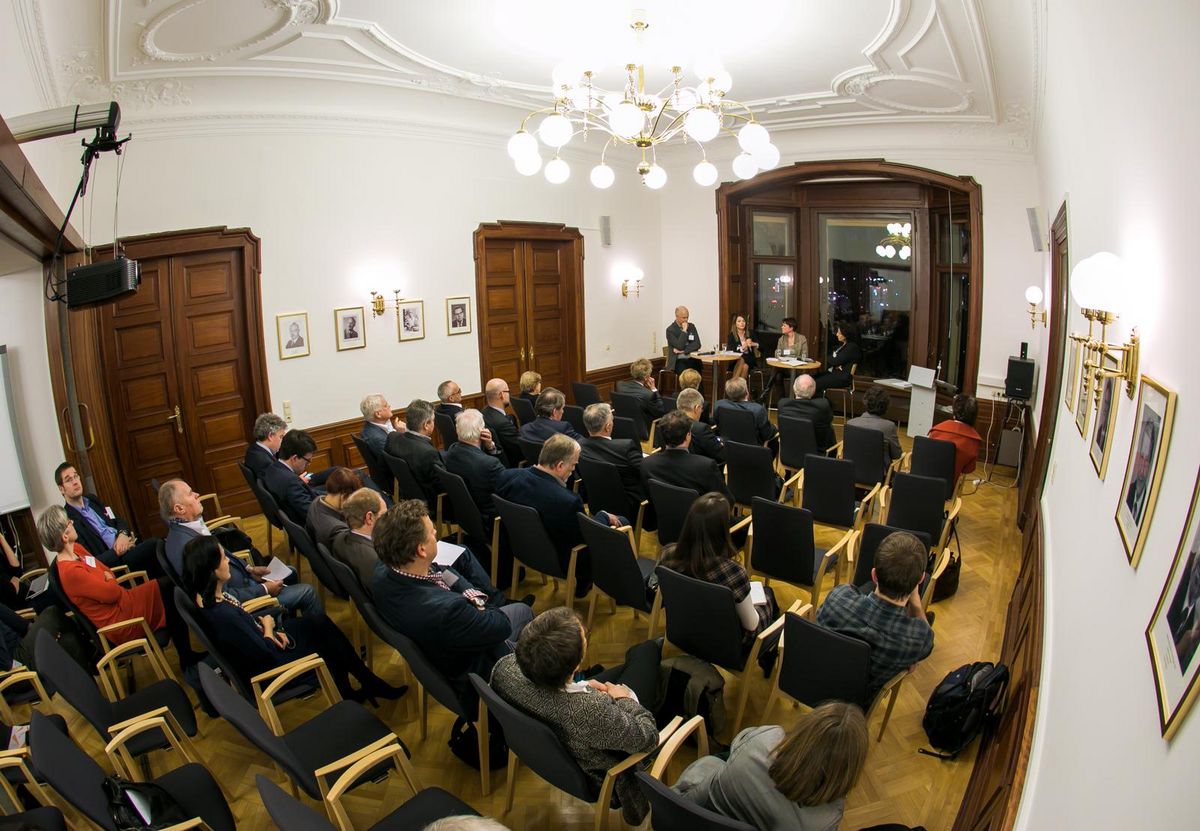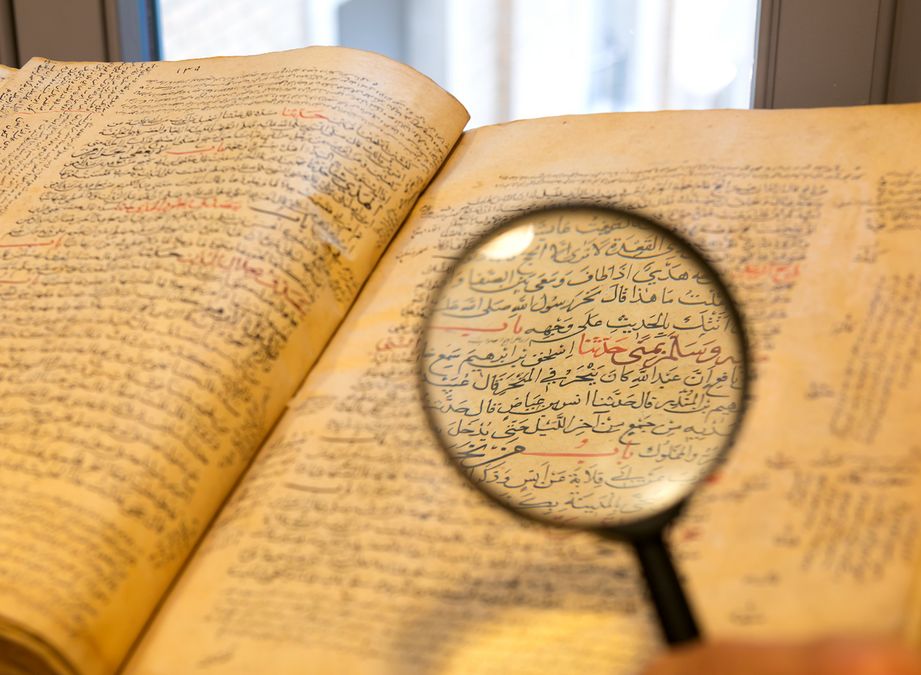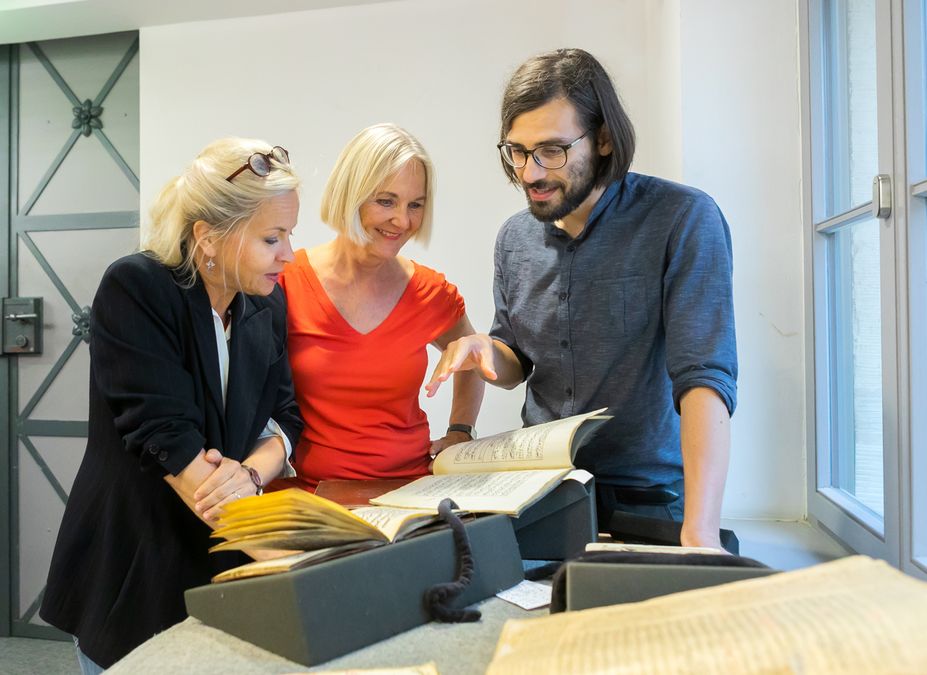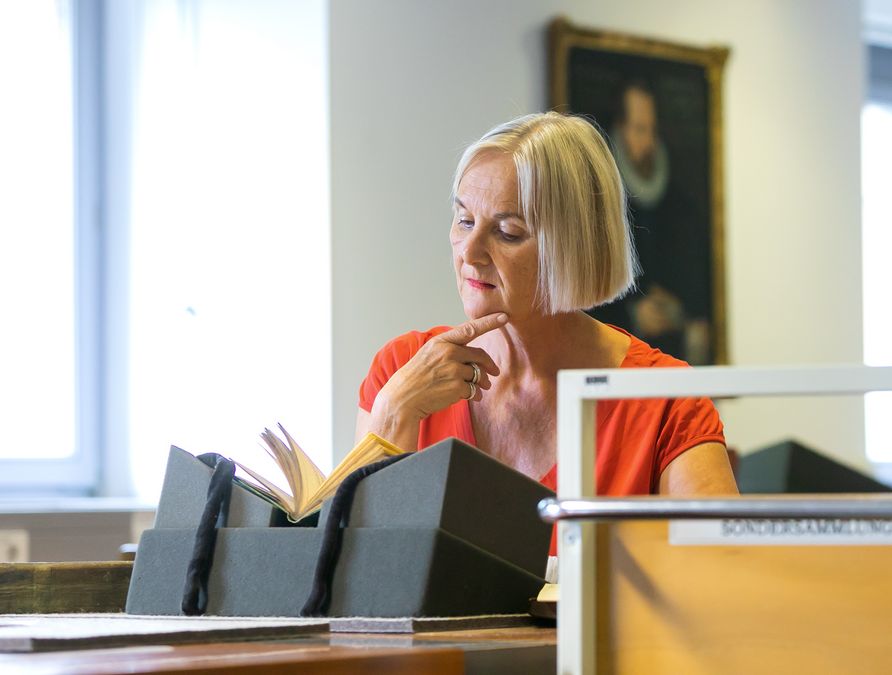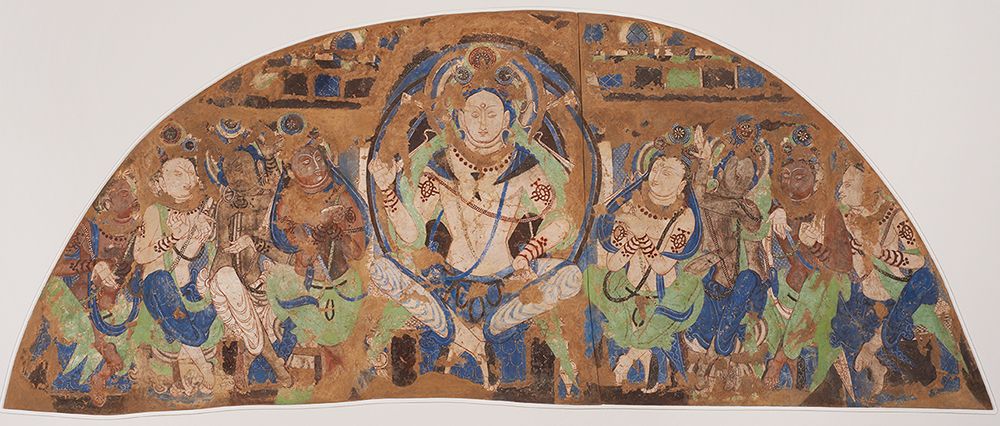The Academies’ Programme is currently the largest research programme in the humanities in the Federal Republic of Germany. It promotes long-term basic research in disciplines including law, economics and social sciences as well as humanities projects that overlap with the natural sciences. The funding periods range between twelve and 25 years. The programme is coordinated by the Union of the German Academies of Sciences and Humanities.
The programme and its research projects are implemented by the eight academies under the umbrella of the Union as well as by Leopoldina, the German National Academy of Sciences. At present, professors from Leipzig University are participating in 13 Academy projects at the Saxon Academy of Sciences and Humanities.
Dictionary of Old High German
Project director: Professor Hans Ulrich Schmid
The aim of the Dictionary of Old High German project is to unlock and record the sheer wealth of German vocabulary preserved in all text types written in the earliest stage of the language. The dictionary comprises ten volumes and is available online.
Bibliotheca Arabica – new history of Arabic literature
Project director: Professor Verena Klemm
The Bibliotheca Arabica project is dedicated to the study of Arabic-language literature between 1150 and 1850, adopting a transregional perspective that extends beyond the centres of Arab literary production in Egypt and Syria. These centuries have hitherto been neglected by research and are often seen as a period of decline in creative cultural output.
Letters and records on the church policy of Frederick the Wise and John the Steadfast from 1513 until 1532
Project directors: Professor Armin Kohnle and Professor Manfred Rudersdorf
Aiming to aid both ecclesiastical and general historical research, this publishing project makes the records of the church policy of the Reformation electors Frederick the Wise and his successor, John, accessible in both printed and electronic form for the first time. The project presents its results digitally on an ongoing basis.
German inscriptions of the Middle Ages and the early modern period
Project director: Professor Wolfgang Huschner
Inscriptions are original or copied texts recorded on different materials such as stone, wood and metal, but also glass, earthenware, textiles and leather. These are an important supplement to handwritten and printed sources. This project publishes inscriptions of the Middle Ages and the early modern period up to 1650 from Saxony-Anhalt, Saxony and Thuringia.
Publication of the correspondence of Johann Christoph Gottsched
Project director: Professor Manfred Rudersdorf
Since 2000, the project has pursued the task of publishing the entire correspondence of Johann Christoph Gottsched (1700 – 1766), one of the key figures of the German and European Enlightenment, in a historical-critical edition.
Structure and transformation in the vocabulary of the Egyptian language
Project director: Professor Hans-Werner Fischer-Elfert
This joint project of the Leipzig and Berlin Academies is building a comprehensive, philologically and linguistically annotated digital corpus of Egyptian texts from all linguistic and literary epochs.
Academic study of Buddhist cave paintings in the Kuča region of the Northern Silk Road
Project director: Professor Eli Franco
The Buddhist caves of the Kuča region (Xinjiang Uyghur Autonomous Region, China) on the Northern Silk Road contain impressive murals dating back to the 5th to 10th centuries. Now, for the first time, these are being completely catalogued, documented and academically evaluated in cooperation with researchers in various European countries, China, Japan and the US.
Corpus Judaeo-Hellenisticum Novi Testamenti digital
ProjeC Lead: Professor Jens Herzer
The Corpus Judaeo-Hellenisticum (CJH) comprises the entirety of the surviving literary, non-literary and material evidence of early (pre-rabbinic) Judaism (including the Qumran finds) as it developed under the conditions of the Hellenistic-Roman world between around 300 BC and 200 AD. The aim of the project is the complete recording, digital documentation and commentary evaluation of the CJH with regard to its significance for the interpretation of the New Testament from the roots of Judaism influenced by Greco-Roman culture.
NFDI Text+: Research Data Infrastructure
Project Lead: Professor emer. Gerhard Heyer
The consortium of the National Research Data Infrastructure text+ is building a research data infrastructure focused on linguistic, written and textual data, initially concentrating on digital collections, lexical resources and editions. The SAW is a consortium partner in the Text+ consortium and is involved in the “Lexical Resources” and “Infrastructure/Operations” task areas
Kulturerbe Tanz in der DDR
Project Lead: Professor Patrick Primavesi
Documents and diverse media objects relating to the history of dance in the GDR can be found primarily in the collections of the Leipzig Dance Archive (formerly the Dance Archive of the GDR), which have already been catalogued at Leipzig University Library. On this basis, the project “Kulturerbe Tanz in der DDR. Pilot project for the modeling of event data with exemplary consideration of experts' knowledge” uses selected examples to investigate how data on the people, institutions, locations, events and performances involved can be linked in order to make better use of them.
Robert Schumann's Poetic World
Project Lead: Professor Stefan Keym
The project “Robert Schumann's Poetic World. Drama - Oratorio - Vocal Symphony - Literary Work. Historical-critical hybrid edition” combines basic editorial-philological research and the historically overdue reassessment of Schumann's literary and vocal works with an interdisciplinary approach between musicology, literary studies and digital humanities (digital edition) that is new in terms of content and methodology.







